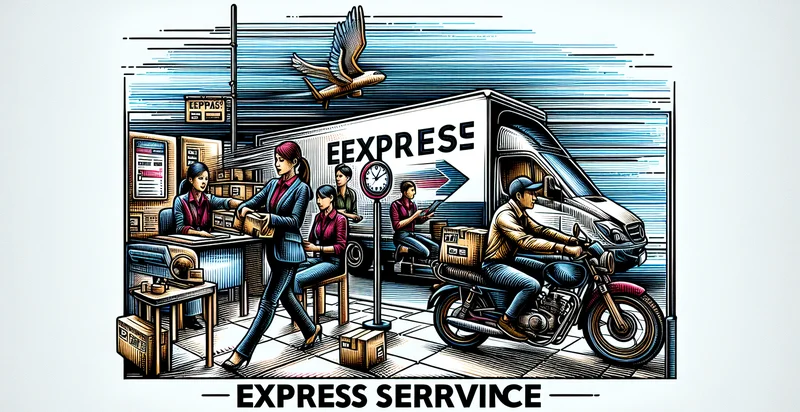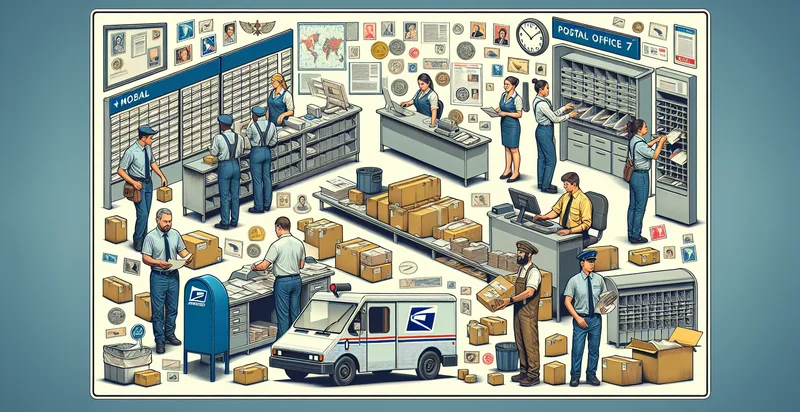Identify express service usage
using AI
Below is a free classifier to identify express service usage. Just input your text, and our AI will predict if a customer will use express service or not - in just seconds.

Contact us for API access
Or, use Nyckel to build highly-accurate custom classifiers in just minutes. No PhD required.
Get started
import nyckel
credentials = nyckel.Credentials("YOUR_CLIENT_ID", "YOUR_CLIENT_SECRET")
nyckel.invoke("express-service-usage", "your_text_here", credentials)
fetch('https://www.nyckel.com/v1/functions/express-service-usage/invoke', {
method: 'POST',
headers: {
'Authorization': 'Bearer ' + 'YOUR_BEARER_TOKEN',
'Content-Type': 'application/json',
},
body: JSON.stringify(
{"data": "your_text_here"}
)
})
.then(response => response.json())
.then(data => console.log(data));
curl -X POST \
-H "Content-Type: application/json" \
-H "Authorization: Bearer YOUR_BEARER_TOKEN" \
-d '{"data": "your_text_here"}' \
https://www.nyckel.com/v1/functions/express-service-usage/invoke
How this classifier works
To start, input the text that you'd like analyzed. Our AI tool will then predict if a customer will use express service or not.
This pretrained text model uses a Nyckel-created dataset and has 2 labels, including Did Not Use Express Service and Used Express Service.
We'll also show a confidence score (the higher the number, the more confident the AI model is around if a customer will use express service or not).
Whether you're just curious or building express service usage detection into your application, we hope our classifier proves helpful.
Related Classifiers
Need to identify express service usage at scale?
Get API or Zapier access to this classifier for free. It's perfect for:
- Customer Support Ticket Prioritization: This function can classify customer support tickets based on the urgency of service usage. By identifying express service requests, support teams can prioritize their responses, ensuring that high-impact issues are addressed promptly.
- Service Level Agreement Compliance: Companies can use this classification to monitor compliance with service level agreements (SLAs) related to express service usage. By automatically identifying express requests, businesses can track performance metrics and ensure timely delivery of services.
- Resource Allocation: Organizations can use the identifier to allocate resources more effectively by anticipating and responding to spikes in express service usage. This helps in optimizing staffing, inventory, and operational capacity in real-time based on demand patterns.
- Marketing Campaign Effectiveness: Marketers can analyze the classification of service usage to measure the effectiveness of targeted campaigns aimed at promoting express services. Understanding which campaigns lead to an increase in express service requests allows for more precise marketing strategies.
- User Behavior Analytics: By classifying user interactions and service requests, businesses can gain insights into customer behavior regarding express service usage. This information can inform product development and service enhancements to better meet customer needs.
- Fraud Detection: The function can be utilized to identify unusual patterns of express service requests that may indicate fraudulent activity. By flagging these requests for further investigation, businesses can mitigate risks and protect against potential losses.
- Predictive Maintenance Scheduling: In industries where express service usage is critical, this classification can help predict when equipment or systems will require servicing. By analyzing usage patterns, organizations can proactively schedule maintenance, reducing downtime and improving operational efficiency.


